It’s long been my contention that the RPG is an incredibly broad tool for collaborative storytelling. There’s an element of the oral tradition at play, and there’s definitely a lot of scope to tell a huge range of different types of story. There are also a multitude of systems to help you do just that.
I’ve written before about basing RPGs on beloved properties, whether these are novels, TV shows, or whatever. I’ve featured and reviewed games that are based on existing IP. There are a huge amount of licensed RPGs, and not all of them are being published by Free League. That’s a joke. Mostly.
So, what about songs?
Narrative songs and ballads tell a story through music and lyrics. They often feature characters, settings, and events that can serve as inspiration for creating an engaging world and campaign.
If you’re going to give it a go, and consider using a song to inspire, say, a one-shot adventure or a short campaign, you’d begin by choosing a song that inspires you. Listen to the lyrics and think about the characters and events that are described. Consider how these elements could be incorporated into your RPG world and storyline.
Once you have chosen a song and identified its key elements, you can begin to build your game around them. This might involve creating new characters or adapting existing ones to fit the narrative of the song. You can also use the setting and events described in the song as the basis for the campaign’s storyline, challenges, and quests.
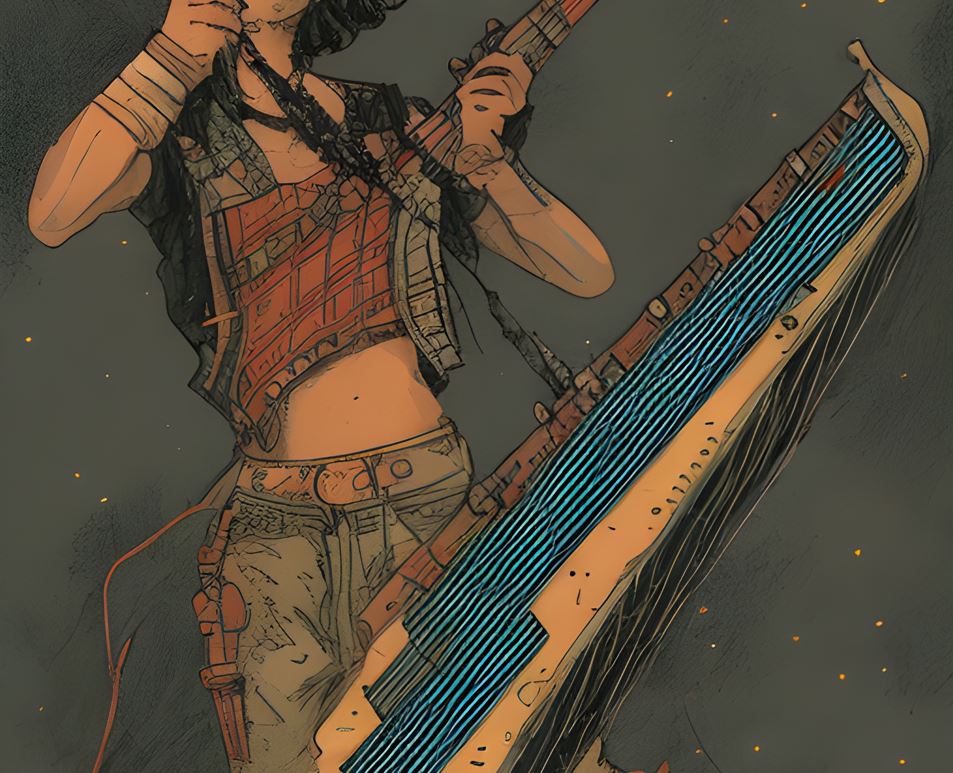
One benefit of using these songs as the basis for your game is that they often have a clear beginning, middle, and end. This can provide a helpful structure for a campaign, allowing you to create a cohesive and engaging storyline for your players to follow.
These songs can also add an extra layer of meaning and depth to the game. Players who are familiar with the song may feel a greater connection to the story and characters, and may be more invested in the outcome of the campaign. This may motivate them to either play to the themes of the song, or to actively circumvent the events of the song. Either of these approaches would, at least, be interesting takes on the subject material.
Let’s works through an example take the song “Riptide” by Vance Joy as an example. This modern song tells the story of a young man who falls in love with a girl he meets at the beach. They spend the summer together, but as the season ends, the girl leaves him, and he is left feeling heartbroken and alone. Here’s the music video:
Using this song as the basis for an RPG campaign, you could create a world that is centered around a seaside town or island. The players could take on the roles of characters who are spending the summer in this town, perhaps working at a local business, like a beachside restaurant or surf shop.
As the campaign progresses, the players could encounter the girl from the song and learn about her past and her relationship with the young man. They could also uncover secrets about the town or its inhabitants, perhaps discovering that there is more to the area than meets the eye.
Throughout the campaign, the players could face challenges related to their jobs, the town’s history, or their personal relationships. They may need to solve puzzles or complete tasks to uncover clues about the girl’s past and the town’s secrets.
Ultimately, the campaign could culminate in a final showdown where the players confront the truth about the girl’s departure and the mysteries of the town. Depending on the choices the players make throughout the campaign, the ending could be bittersweet or offer a sense of closure and resolution.
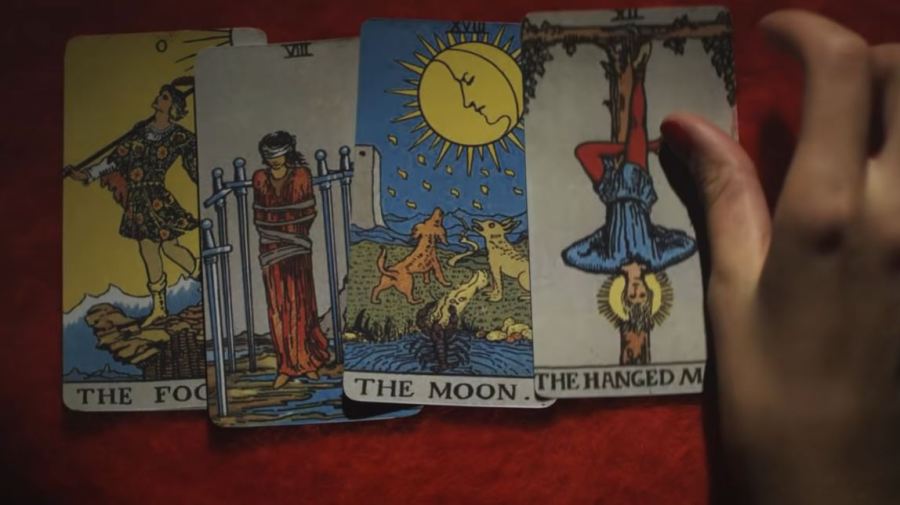
By using “Riptide” as the inspiration for an RPG campaign, players can become immersed in a world of summer romance, secrets, and self-discovery. This type of RPG can be a unique and memorable experience for both the players and the game master. In terms of gameplay, I’m going to play it safe and make my usual two suggestions of FATE and Fiasco.
In the case of FATE, I feel that the aspects system is really appropriate for this approach. The system is, I feel, so incredibly elegant and effective, and it really encourages roleplay. I also like the idea of an aspect being named for a specific phrase/lyric from the song. That just really chimes with me.
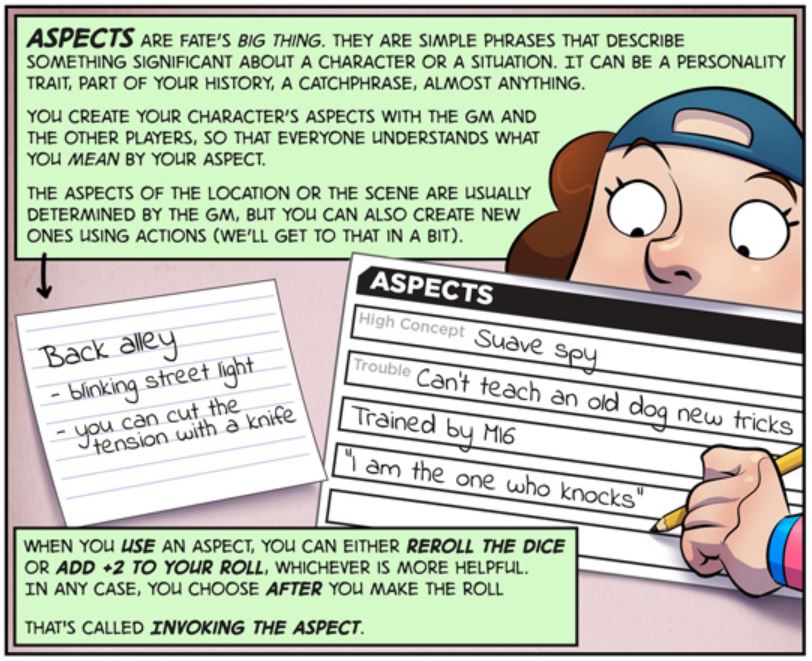
Fiasco is a system that works really well for these ‘normal’. current-day settings with low-stakes scenarios. A GMless system, Fiasco really thrives on a group’s ability to improvise. Without a GM to oversee the whole thing and to set a tone, this approach.
I’m going to follow this up with a part 2 where I’ll take a look at another couple of examples, songwise.

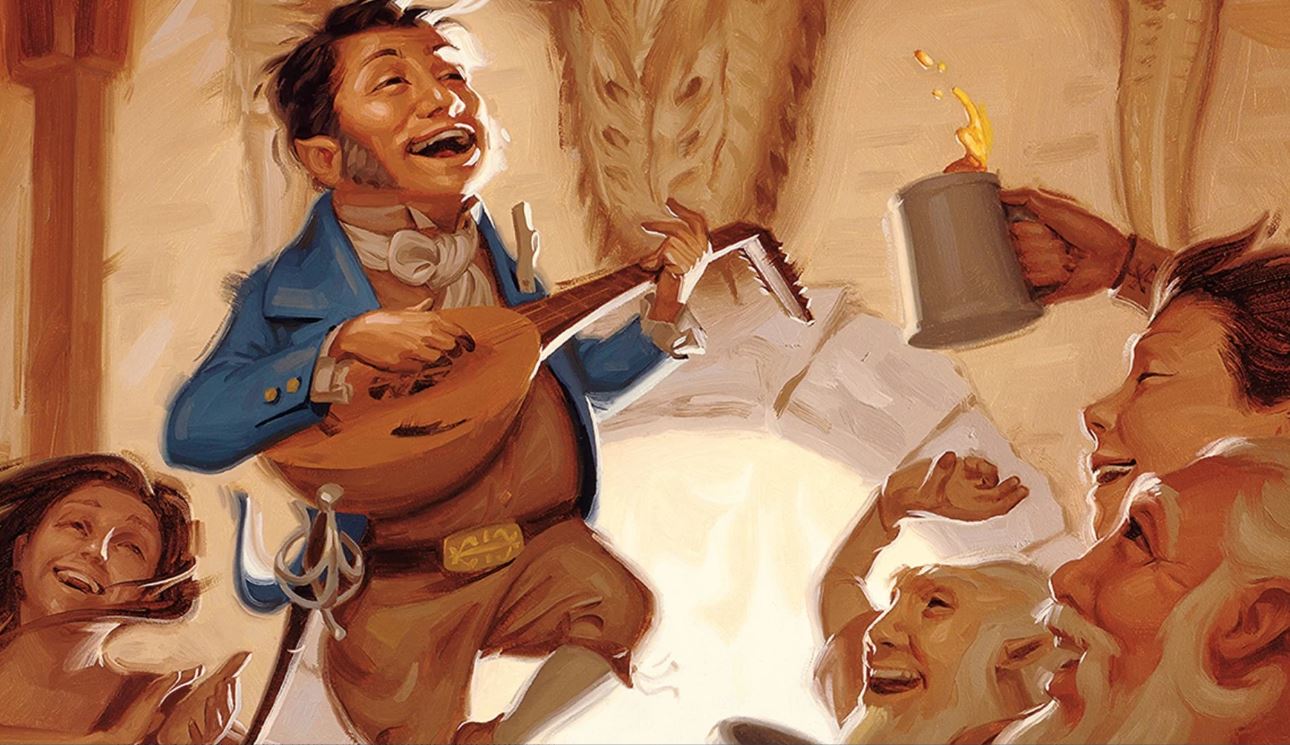
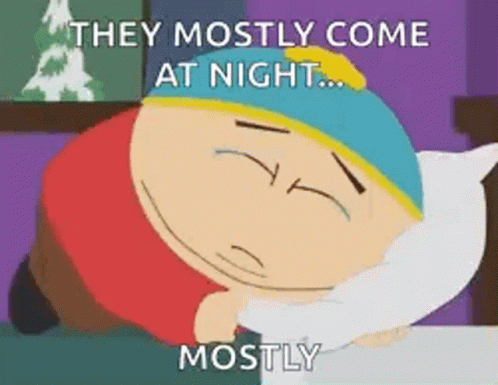
4 Comments